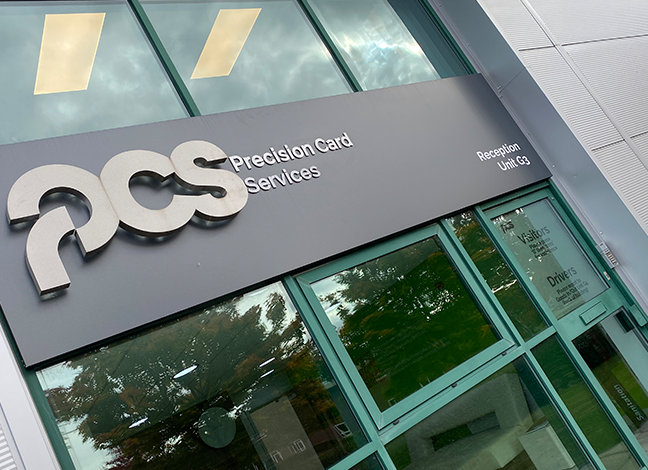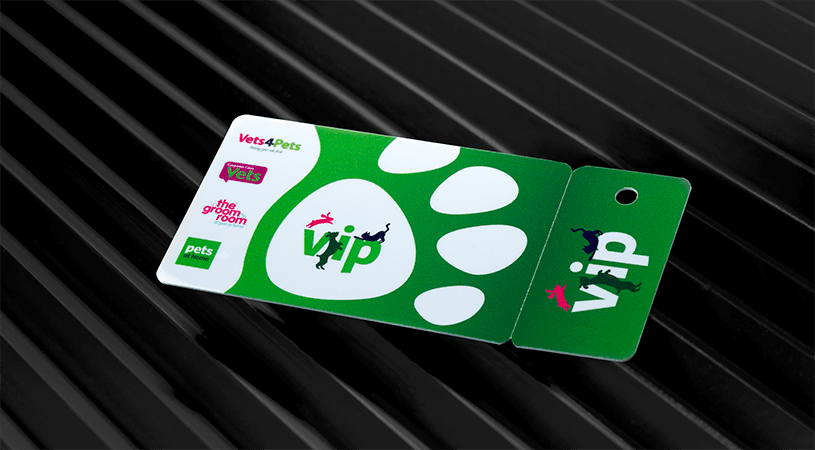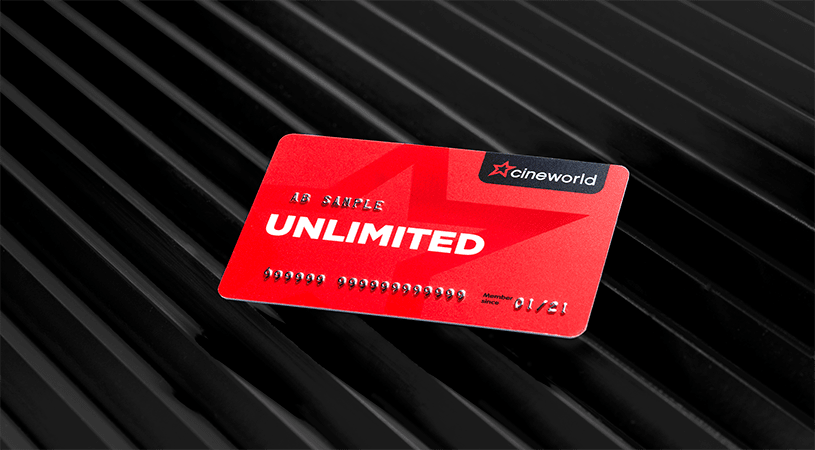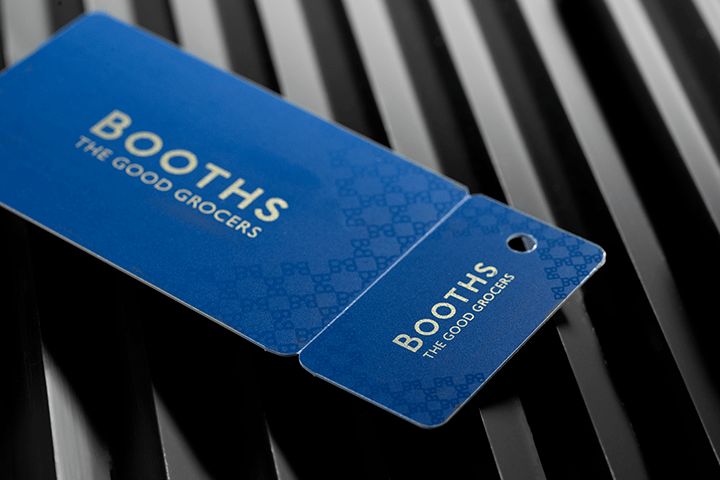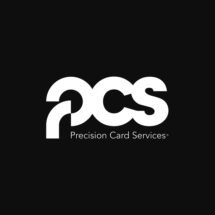This transcript details a case study on how Precision Card Services (PCS), benefitted from adopting digital printing technology and explores the impact of Made Smarter, a government initiative, in supporting PCS’s growth and investment.
A Macclesfield-based plastic card manufacturer has secured a £1.5M contract after financial backing from Made Smarter enabled it to invest in game-changing digital printing technology.
Precision Card Services (PCS) was launched by Rob Nicholls and Tim Holt in 1993 after they spotted a gap in the commercial card market. Run from their bedrooms the business initially operated a service model, but gradually evolved into manufacturing.
More than a quarter of a century later and the company’s 50 staff produce 50 million plastic cards each year for FTSE 100 companies and household names including Harrods, Booths, Cineworld and Pets At Home.
Spotting changes in customer demand PCS invested £1M in new digital printing facilities which has seen workload increase by almost 25%.
Now, with the help from Made Smarter, the business has invested again, this time to secure a sought-after identity card contract.
The Challenge
Historically PCS has targeted large organisations which require high-volume lithographic print runs of 5,000 cards to multi-millions.
Changes in customer demand for smaller, more frequent and more personalised orders inspired the company to expand into digital printing in 2017.
The investment in a new digital production facility saw a 23% increase in the volumes of digital work in its first 12 months and inspired PCS to set its sights on trying to secure a lucrative card contract.
Adam Unsworth, Managing Director, explained: “Our new digital press allowed us to print full-colour personalisation with charitable images and data on both the face and reverse of the card. Each side is printed separately in large sheet format (21 cards up) and is subsequently collated with clear protective overlay and magnetic stripes. The multiple layers are then laminated under heat and pressure before the final stage of punching into individual cards. However, there was no way of encoding the magnetic stripes during this process meaning the only feasible solution was to reorder the cards visually- by hand- and then run them through an encoding machine. Not only was a staggering workload but more importantly was extremely prone to error making the contract commercially unviable.”
The Solution
PCS took the conundrum to a German machine manufacturer and created a bespoke solution which can read the individual card, check against the data file in real-time, and then encode it.
PCS also had to write a new software solution to be able to interrogate its customer’s database for the personalised data for the card and organise print jobs for the day.
The unit has been operational since July and can encode up to 3,500 cards per hour, up to 28,000 cards a day.
Adam said: “Thanks to the software solution we have been able to fully automate the process of collecting the data needed and organising the print jobs. Then when we arrive to work in the morning, the job is ready to print. Once the individual cards are punched out from the initial sheet format, they can be placed in any order because takes the card through, uses OCR (optical character recognition) to read the number, verifies it on a database and then encodes it.”
The Benefits
Ultimately, without the new reading and encoding unit, PCS would not have been able to win the contract which is worth £500,000 each year for the next three years – an 8% increase in turnover.
This has a positive impact on the regional GVA of £143,000 over the next three years.
Crucially, it has opened a whole new market for PCS in terms of photo ID cards and it has already had additional enquiries for similar contracts.
Adam said: “Quite simply, without funding through Made Smarter for the new equipment, PCS would not have been able to take on this contract. The increase in turnover is huge for us. It’s a game-changer for our company.”
PCS has already taken on three new staff and expects this to rise by another five in the next three years.
The Future
Moving forward PCS is looking at implementing photo ID cards onto its web-to-print ecommerce site.
PCS has also identified other potential opportunities to increase efficiency in its other production-line processes.
“I have worked at PCS for 18 years and this is the most complicated job I’ve ever been involved in,” Adam said. “But it’s also taught us so much about streamlining processes and improving efficiencies through digitalisation, as well as the volumes we are capable of manufacturing.
“And then there’s our reputation. This identity card contract is a big deal in our industry. From a credibility point of view, it really does demonstrate to the world what we can do.
Case study published November 2023 – Made Smarter. Read here.

